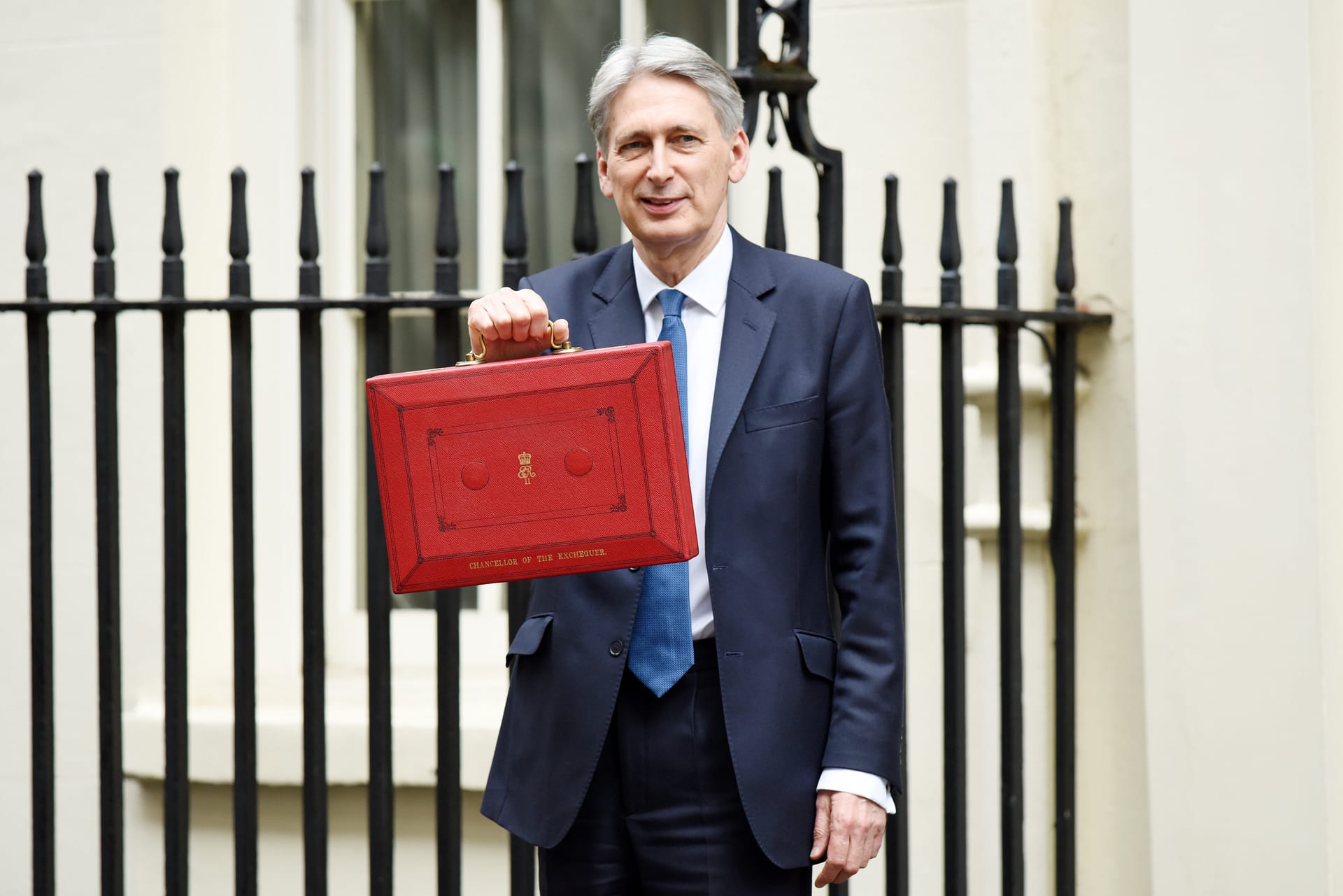HMRC released their annual report on average inheritance tax bills – available here which saw the total IHT liabilities rise by 16% to £5.76 billion in tax year 2020/21.
This is 17% more people were paying inheritance tax compared to previous tax year (2020/21 figures), whilst the average inheritance tax bill fell 1%, down £2,000 to £214,000 (2020/21 figures)
3.7% of estates paid inheritance tax, broadly in-line with last year, although the number of estates making tax-free transfers to their spouses rose 21% – storing up potential liabilities for the future.
Joshua Gerstler, chartered financial planner at Borehamwood-based The Orchard Practice said, “The government collected almost £6bn in inheritance tax in the year. That is £6bn of wealth that should have gone to the children and beneficiaries of hard-working families.
“That is also £6bn that has already been subject to other taxes during people’s lives, such as Income Tax, Capital Gains Tax and Value Added Tax, to name just a few. The sooner this tax is removed, the better.”
Ross Lacey, director at Rayleigh-based Fairview Financial Management said, “With the thresholds for IHT frozen until 2026, without proper planning, we can see the number of people having to pay inheritance tax increasing.”
Nicholas Hyett, Investment Manager at Wealth Club, said, the figures shows “a 17% increase in the number of estates paying inheritance tax, and an increase in liabilities for lower value estates falling into the taxman’s net has resulted in the average tax bill falling by £2,000 to £214,000. That’s still enough to buy the average house outright in Wales, Scotland or Northern Ireland.
“A lot of the increase is probably down to the spike in house prices we saw during the pandemic, paired with the freeze in inheritance tax bands all the way back in 2009. This ‘fiscal drag’ is a sneaky attempt by the government to grab more cash without taxpayers noticing.
“The result is that families whose houses and assets wouldn’t have qualified for IHT just a couple of years ago, are now finding themselves dragged into this most hated of taxes despite no change in their underlying wealth.
“They live in the same house, and enjoy the same standard of living – but now they fall victim to a tax that was originally targeted only at the very wealthy.
“Unfortunately that’s a trend that’s set to continue. So long as inheritance tax thresholds remain frozen, the number of families paying inheritance tax is only likely to grow. It’s also notable that there has been a 21% increase in the amount of assets transferred to a spouse or civil partner free of all inheritance tax. That has the potential to store up large IHT bills for the future.
“With more people being dragged across the threshold, IHT can be a kick in the teeth for families picking up the tab. The idea that you work hard, save hard and pay taxes all through your life, only to see nearly half of what you have accumulated taken by the state can be unpalatable.
“It doesn’t help that inheritance tax rules are notoriously complicated, and even experienced investors can struggle to grasp them.”
However, the good news is there are several government backed schemes that can help you minimise your inheritance tax bill:
- Give money away. Gifts taken out of regular income, which are not deemed to affect the giver’s standard of living, are inheritance tax free on day one – as are certain smaller gifts and gifts to charities. You can give unlimited amounts away but typically these take 7 years to be completely inheritance tax free. Of course, once you give away the money you have lost control. If you need it back for an emergency, that’s probably not an option.
- Invest in companies that qualify for Business Property Relief. These are typically inheritance tax free after 2 years. Investing in unquoted businesses can be risky, however, unlike giving the money away, you retain control.
- Invest in forestry. Buy a commercial forest outright or invest in a fund and after two years, this will typically be IHT free. In addition, any income or gain in the value of the timber will be tax-free.
- Invest in an AIM ISA. ISAs are not inheritance tax free. When you pass away, 40% of your hard-earned cash could line the Government’s pockets instead of your loved ones. AIM ISAs are a popular way around this. They are riskier but after 2 years they could be IHT free.
- And finally, whatever you do, make sure you make a will. If you don’t, the law will decide how your estate is distributed and it certainly won’t be the most tax efficient way.






Leave a Comment